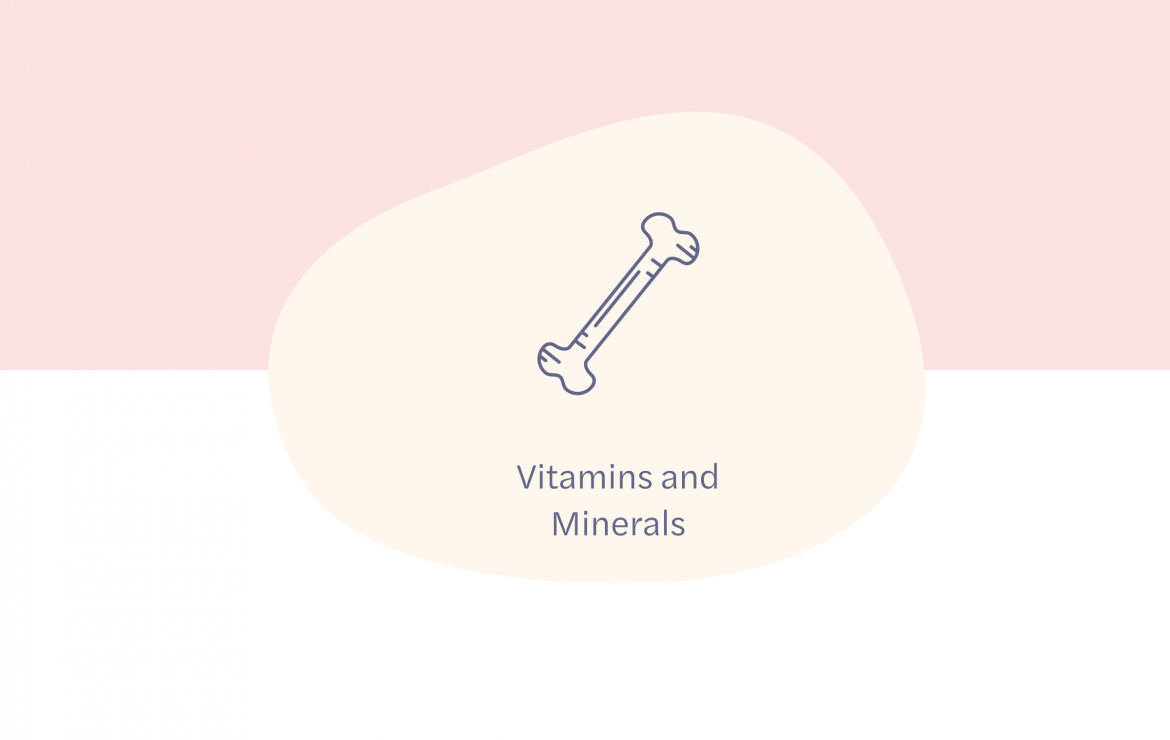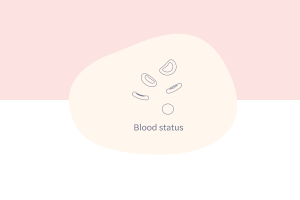Vitamin D

Vitamins and Minerals
What is Vitamin D?
Vitamin D or 25 (OH) D is different from other vitamins – it is in fact a group of steroid hormones. The most important of this group are Vitamin D3 (cholecalciferol) and vitamin D2 (ergocalciferol). Vitamin D is responsible for maintaining bone strength through regulation of calcium and phosphate. For example, one of its key roles is absorbing calcium from the gut which is essential in bone formation. It also has a role in immune function and has been shown to have a role in improving mental health. There is evidence to suggest that it has a role in the prevention of cancer, diabetes, heart disease, cognitive decline and COVID-19. Despite its widespread benefits, some studies estimate that as much as 50% of the UK population have insufficient vitamin D levels.
Why is this analysis important?
Vitamin D can be obtained either through dietary sources, or by synthesis of sunlight through the skin. Sunlight rather than dietary sources have been reported as the main source for the majority of the population – dietary sources have been shown to be inadequate to replace Vitamin D obtained from sunlight. There are a number of variables as to how much sunlight is obtained. In the northern hemisphere at latitudes greater than 40 degrees (north of Madrid), sunlight is not strong enough to trigger the synthesis of vitamin D between October and March. Other factors to consider include working indoors, clothing and sunscreen. Ensuring adequate vitamin D levels are important to:
-
Maintain bone mass and avoid osteoporosis
-
Avoid stress fractures when exercising
-
Avoid muscle pain and weakness
-
Maintain good emotional health
-
Maintain a healthy immune system
-
Help prevent diabetes, cancer, heart disease, Parkinson’s disease and dementia.
Results
The reference range for vitamin D can be different depending on the laboratory and technique used.
Low vitamin D levels in the blood may be associated with:
-
Limited exposure to sunlight during the winter months in northern latitudes
-
Clothing that cover up most of the body
-
Spending too much time indoors
-
People over the age of 65
-
Increased need for vitamin D in pregnant and breastfeeding women
-
Teenagers and young women
-
Those with a BMI greater than 30 (obese)
-
People with dark skin
-
Vegetarians and vegans
-
Those with intestinal malabsorption (such as Crohn’s disease, untreated celiac disease, gastric bypass surgery etc.)
-
Chronic kidney disease
-
Chronic liver disease
Other Considerations
Excess levels of vitamin D can be potentially toxic – leading to high levels of calcium in the blood. Typically this occurs with a high intake of vitamin D supplementation, and can be easily reversed once this has been stopped. If however, despite stopping supplementation levels remain high, this may need investigation. Causes include hyperparathyroidism (the parathyroid hormone regulates calcium levels alongside vitamin D).
The following foods are rich in Vitamin D, however often may not be sufficient to ensure adequate levels of Vitamin D.
-
Egg yolks
-
Saltwater fish (salmon, cod, seafood, sardines and tuna)
-
Liver
-
Milk and cereals enriched with Vitamin D
Athletes and those who undertake regular exercise should have higher levels of Vitamin D to aid muscle recovery, reduce the risk of stress fractures and reduce fatigue.
Tests that include this marker
References
Spiro A, Buttriss JL. Vitamin D: An overview of vitamin D status and intake in Europe. Nutr Bull. 2014;39(4):322‐350. doi:10.1111/nbu.12108
Calvo MS, Calvo MS, Whiting SJ, et al. Vitamin D intake: a global perspective of current status. The Journal of Nutrition. 2005;135:310–316
Vitamin D. American Academy of Family Physicians. November 22, 2016.
Vitamin D deficiency in adults: Definition, clinical manifestations, and treatment. Bess Dawson-Hughes, MD. Up To Date. Feb 08, 2019.









